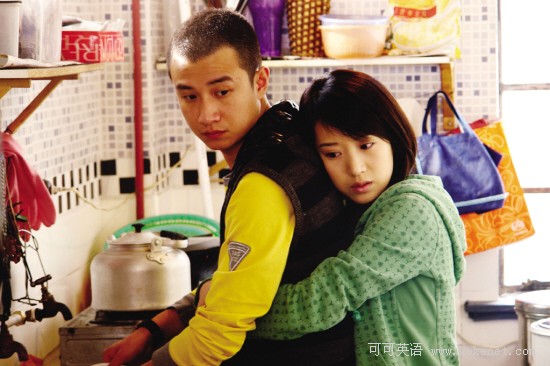隨著2010新年的到來(lái),中國(guó)的80后們開(kāi)始陸續(xù)步入而立之年,結(jié)婚成家成了“立”的重要物化標(biāo)準(zhǔn)之一。而最新調(diào)查顯示,四成以上1980年出生的人結(jié)婚還沒(méi)有著落,更多年輕的80后們則對(duì)婚姻還沒(méi)有明確的計(jì)劃。為何會(huì)出現(xiàn)這種現(xiàn)象?難道只是為了響應(yīng)國(guó)家晚婚晚育的號(hào)召么?他們的婚姻觀(guān)在新的時(shí)代中發(fā)生了什么樣的變化呢?
Twenty-four-year-old Mao Wenqi is a single white-collar worker in Beijing. In his eyes, he is single not because he doesn't want to get married - it's because he can't afford an apartment.
"It doesn't occur to me to get married. I'm just beginning my career, which means my savings are little. An apartment, though it may not be a must, is nevertheless very important for family members to feel stable. I really cannot afford it."

Many young couples in big cities are just like Mao Wenqi. They may be psychologically ready to get married, but hindered by the cost of property. Those who have taken out a loan and bought their dream house are mostly strapped with monthly mortgage payments.
So how about those who are lucky enough not to have this pressure? Wang Ying, born in 1980, got married and bought her apartment before real estate prices rose. But it seems she and her husband, Gao Yuan, are not living a relaxed lifestyle, either.
Here's Gao Yuan, analyzing his family's most significant undertaking at present.
"Save money. Save money for my kid. The next generation's school education will no longer be achieved as easily as it was when I went to school. Tuition fees are now some 10,000 times higher than before."
Accompanying the problem of buying a home, young parents are also very worried about the next generation's future wellbeing. In China, the Double Income, No Kids family structure is not as acceptable as in Western countries, so the fear of feeding children becomes another obstacle for the post-80s generation.











